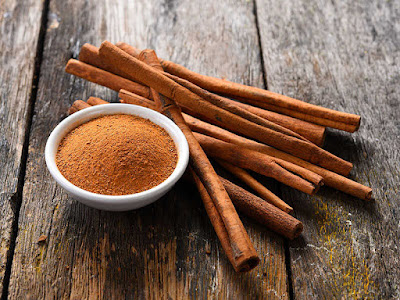Foods And Beverages Contain Licorice Extract As A Flavouring Ingredient Also Use As Sweetner
 |
| Licorice Extract Market |
The Licorice Extracts Market is divided into three categories based on product type: food grade, feed grade, and pharmaceutical grade. Due to the extracts' extensive medical applications and rising use in cancer prevention, the pharmaceutical grade category is anticipated to keep a dominating position in the market. In terms of revenue, the food grade sector is anticipated to have a sizable market share.
Licorice Extract is a flavour ingredient used in a variety of foods and beverages. It's also used as a sweetener to make certain foods sweeter. However, it isn't the only natural sweetener or food ingredient on the market. Stevia, a natural sweetener, is becoming increasingly extensively used and recognised. Anise is a naturally occurring plant with a taste that is remarkably similar to licorice and is frequently used as a licorice substitute. Alternatives to licorice extract include fennel, basil, chervil, tarragon, and tea tree, which are all naturally occurring herbs. These alternatives obstruct the expansion of the licorice extract industry and licorice extract's use as a natural flavouring and sweetening ingredient.
Licorice Extracts Market which are extracted from licorice roots and are available in powdered or liquid form, are used in medicine. Boiling licorice roots (Glycyrrhiza glabra), a plant native to the Mediterranean region, produces the extract. It's utilised as a sweetener and flavouring agent in addition to herbal remedies. Anti-inflammatory, antiviral, and detoxifying activities are all present in the extract. Because the extract is about 50 times sweeter than sugar, it is commonly employed in the culinary sector. Growth is likely to be fueled by rising demand for herbal medications, plant-based sweeteners, and increased awareness of sugar-free goods.
Liquorice is a herb native to Russia and Asia, including Iran. Many species have now been successfully farmed in Europe, Asia, and the Middle East. Herbalism and traditional medicine both use liquorice extracts. Licorice extract, which is used in supplements, can concentrate isoflavonoid and flavonoid components with low Glycyrrhizin levels. Some of these flavanoids appear to have properties that would appear to be beneficial.
Liquorice Extract can result in hypokalaemia, hypertension, cardiac arrhythmia, and myopathy and has effects similar to those of mineralocorticoids. Avoid eating licorice or taking supplements containing liquorice extract if you're taking fludrocortisone or medications that can lower potassium levels.



Comments
Post a Comment